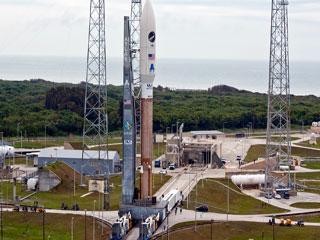
A United Launch Alliance Atlas V rocket with the Air Force�s first X-37B Orbital Test Vehicle rolls out to Cape Canaveral Air Force Station�s Space Launch Complex 41 launch pad. Photo: USAF.
FLORIDA (BNS): US Air Force has successfully launched the second prototype unmanned space mini-shuttle X-37B Orbital Test Vehicle (OTV) from the Cape Canaveral Air Force Station.
The latest step was to improve the space capability and further develop an affordable, reusable space vehicle for USAF.
The X-37B Orbital Test Vehicle 2 (OTV-2), lifted off aboard an Atlas V carrier rocket at 10:46 pm GMT from Cape Canaveral in Florida on Saturday.
The spacecraft draws solar power for energy using unfolding panels.
In April 2010, USAF had launched its first X-37B prototype, which successfully de-orbited and landed at Vandenberg Air Force Base after completing 220 days in space.
"The X-37B really is a remarkable scientific and aerospace achievement. We'll also be looking at the performance of its advanced thermal protection systems and tiles, solar power systems and environmental modeling - all important system capabilities for a space vehicle that we want to be able to bring back and then re-launch quickly," Lt. Col. Troy Giese, X-37B program manager for the Air Force Rapid Capabilities Office, said.
Air Force officials assert the X-37B programme has the potential to make space experiments more focused.
US Air Force will also schedule a third X-37B programme test.
The OTV is the United States' newest and most advanced re-entry spacecraft and is the first vehicle since NASA's Shuttle Orbiter with the ability to return experiments to Earth for further inspection and analysis.
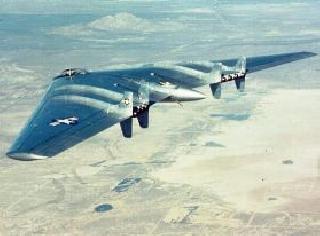 Previous Article
Previous Article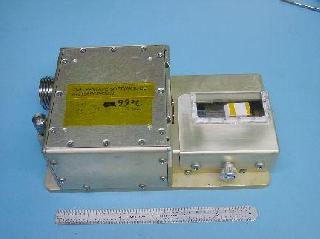 Next Article
Next Article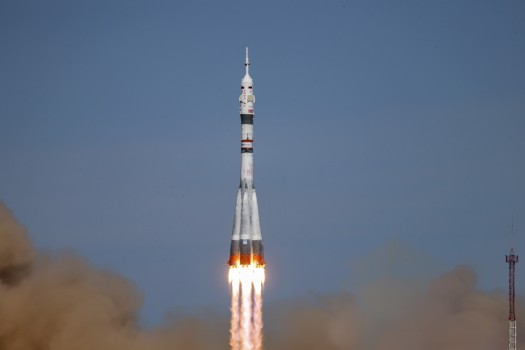

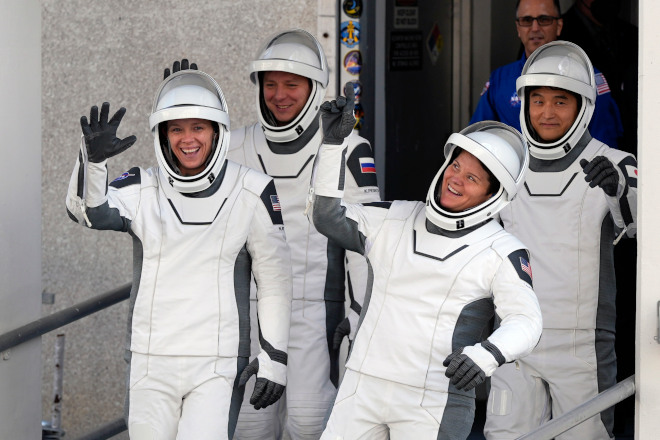











The Indian Air Force, in its flight trials evaluation report submitted before the Defence Ministry l..
view articleAn insight into the Medium Multi-Role Combat Aircraft competition...
view articleSky enthusiasts can now spot the International Space Station (ISS) commanded by Indian-American astr..
view article